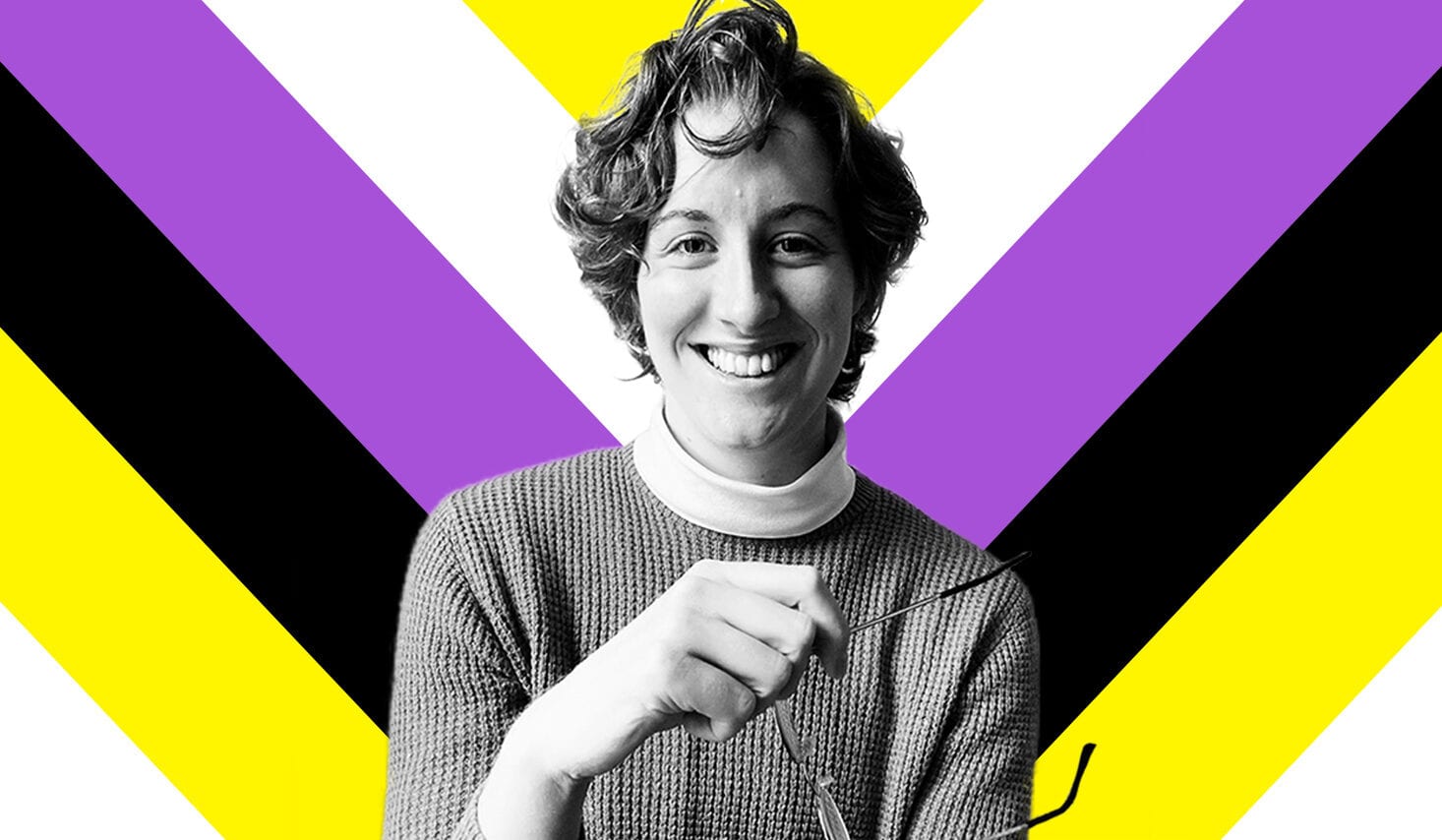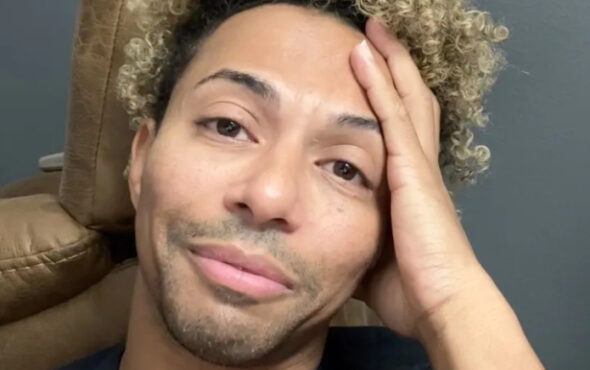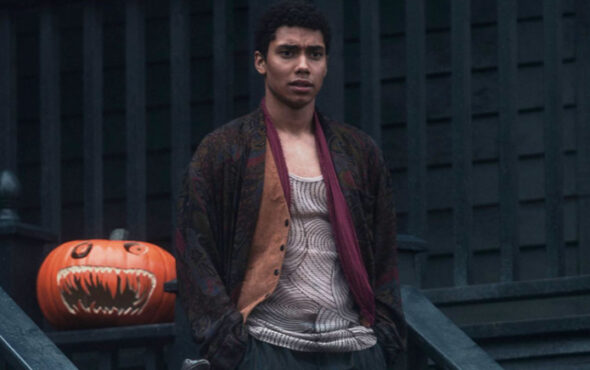
International Non-binary People’s Day is marked annually on 14 July. It falls mid-way between International Women’s Day (8 March) and International Men’s Day (19 November) thereby reflecting the wide range of people who identify as non-binary.
The best way to learn about non-binary identities is to listen to non-binary people. It was a pleasure interviewing my friend Lui Asquith, who is the Director of Legal and Policy at Mermaids.
Mermaids has been supporting trans, non-binary and gender-diverse children, young people and their families since 1995.
I began by asking Lui why International Non-binary People’s Day is important to them?
“Visibility! Having a day that provides non-binary people with an unapologetic and celebratory platform is crucial to not only uplift the community, but to also provide wider society the opportunity to learn about the wonderful array of non-binary experiences. I also hope that it gives those who are yet to come out an extra piece of empowerment to do so, and/or perhaps will be a day for some that they hear of the term for the first time and for the first time understand themselves. We all know that LGBTIQ lives have always been talked about and oppressed unjustifiably and these days of pride – the 14 July being one of them – are days that we take back the mic and ask people to listen.”
Do you think there is greater awareness around non-binary people and the issues they face?
“I absolutely think awareness is growing and there seems to be a growing interest and willingness to understand from those outside of the community. It’s great to see more and more people coming out as non-binary, which by its nature always adds extra layers of visibility and therefore awareness. I do think there is a long way to go – a lot of people still haven’t had the chance to learn what non-binary means, which is why days like International Non-binary People’s Day are so crucial. We don’t get a huge platform to talk about the unique issues we face as non-binary people and the time we do get is currently having to be used to reach a point of being taken seriously. The first issue that always needs to be overcome by every marginalised community is recognition and acknowledgement – being seen is always the first step to equality.”
Which non-binary people inspire you?
“So many non-binary people are brilliant, but my main source of inspiration has to be the young non-binary people we support at Mermaids. Everyone needs to listen to young people more – they have a knack of making matters so wonderfully simple and their clarity and energy never fail to empower me.”
Can you tell us about non-binary gender options on passports?
“Here in the UK there is no ‘non-binary’ or ‘outside of the binary’ option on a passport i.e. currently everyone has to be marked as a ‘F’ or a ‘M’. Simply, many non-binary people want to be able to express our own identity on our passports; currently, we are forced to identify as either male or female on official documents, which is not only incorrect data, it can result in distress whenever we have to use our passport. There is a current ongoing case around the matter being led by Christie Elan-Cane, who has been campaigning for over 25 years to achieve recognition for those with gender identities that exist outside of the binary. Having a third option would not be new – several countries already have some form of legal recognition of identities beyond the binary and the UK needs to catch up.”
How has Mermaids been supporting non-binary people?
“Mermaids welcomes and supports every non-binary young person, acknowledging that the term includes a huge and wonderful array of experiences. Mermaids has a helpline, web-chat, email service, online forums and local support groups – you can check out the options on our website, so you can become part of a growing family! More generally, we will continue to and always will use our platform to ensure experiences outside of the binary are lifted, celebrated and heard. We know that being non-binary can result in particular social difficulties and we will not stop campaigning for social change to ensure that non-binary people can live in comfort and equity in the future. We will get there!”



